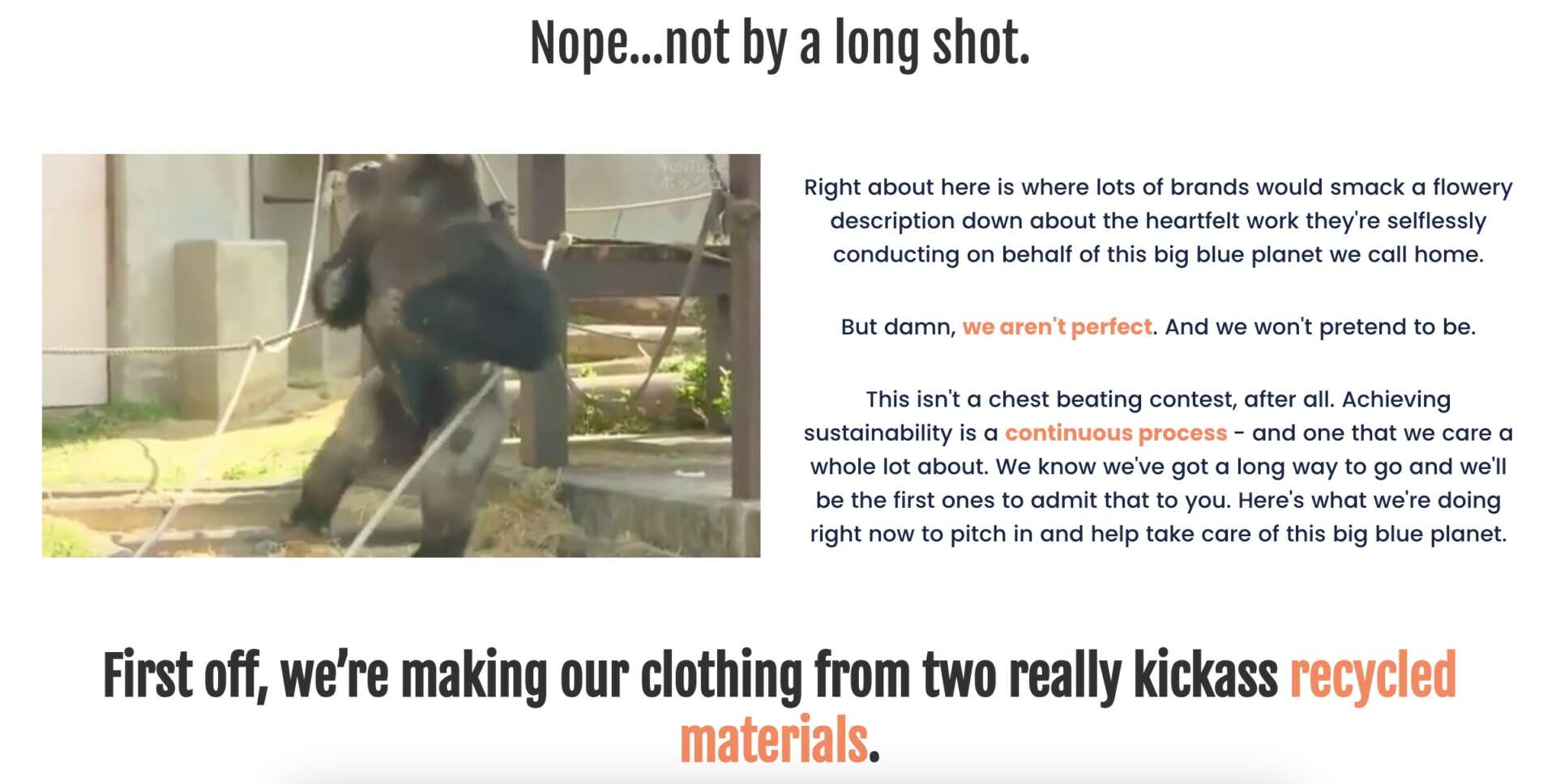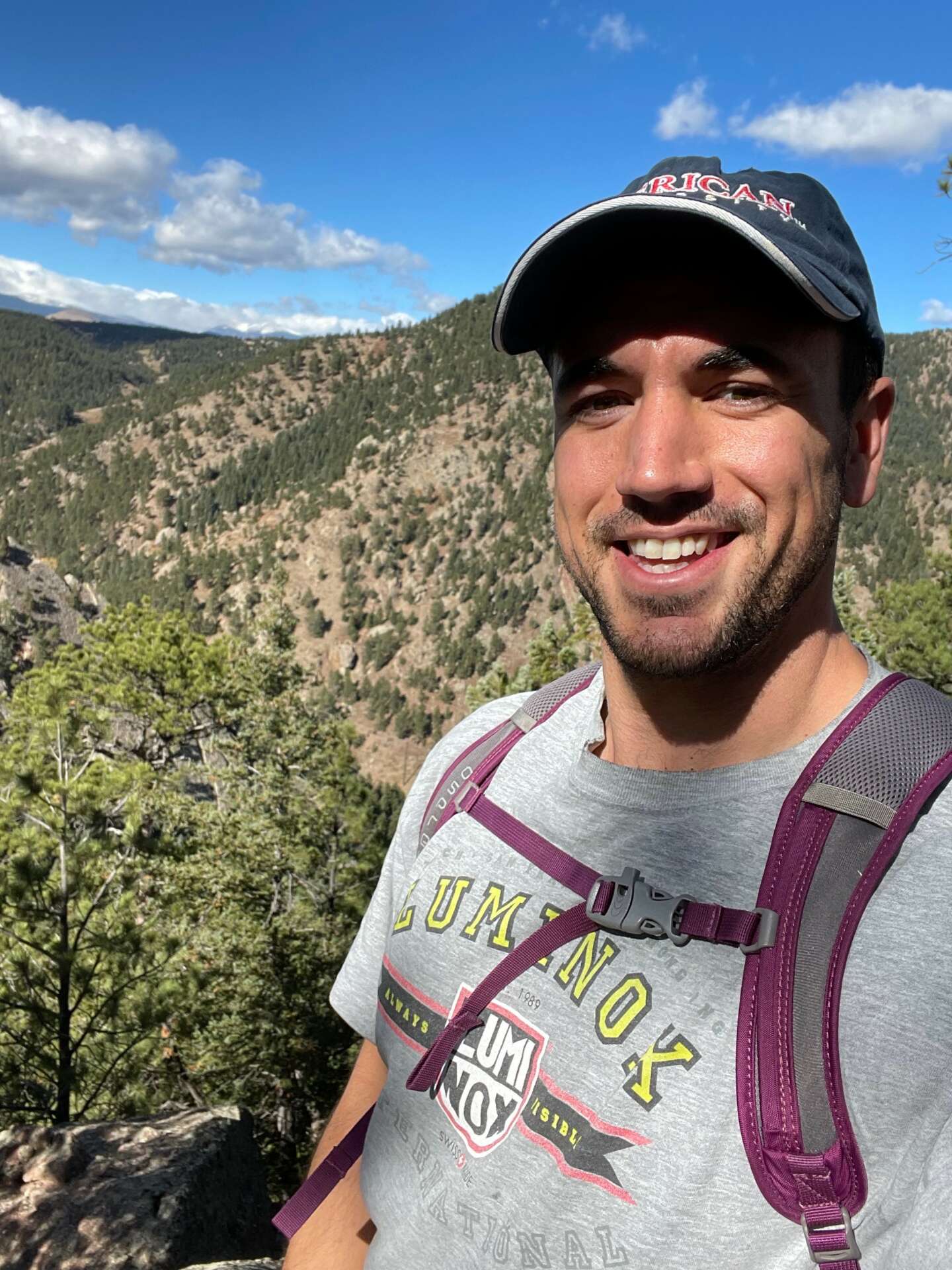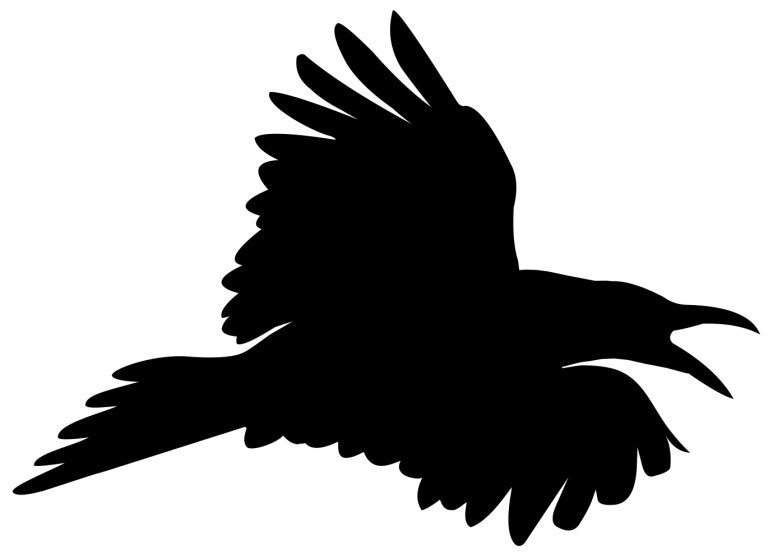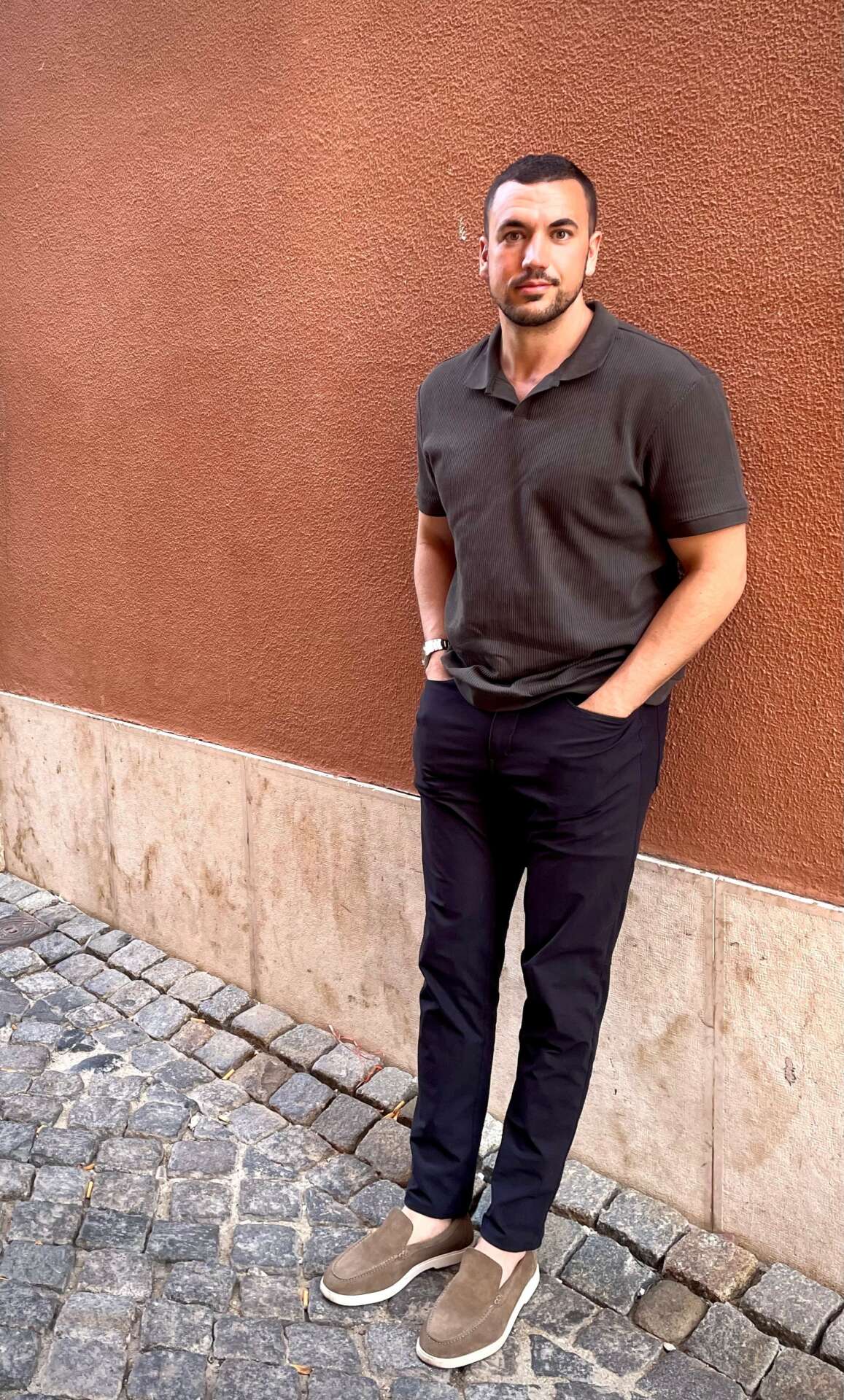We recently connected with Savarone Ammann and have shared our conversation below.
Savarone, appreciate you joining us today. What do you think it takes to be successful?
Okay, I’ve got something. But first, let me preface all this by readily admitting that I’m not yet a “successful” writer, at least in the way I think a lot of us toss around the word “success.” I don’t have a best-selling novel under my belt and I haven’t sold out any convention centers (yet). But, for the past handful of years, I’ve made a solid income as a writer. And while I’m awfully proud of that, when I talk about what I think it takes to be successful, I’m talking about what I’ve witnessed from people far more successful than me, and how I’m actively approaching the journey toward “success” each day. This isn’t the opinion of some hotshot author looking back on a glittering career. It’s the opinion of a young writer still very much on the hunt for success. With that said, this is what I think it takes.
There are, of course, miracles, exceptions, and anomalies in the world. A who’s-that startup nets 10x in revenue clinging to the tailwinds of a celebrity shoutout. A brand launches a product or service that plugs a seismic hole in the market no one realized was there until they fell in — think Oura Ring, Linktree, or Manscaped.
But far more often, I think success is the result of an enduring mix of hard work, failure, persistence, and passion. When you peel back the glossy cover of successful companies and individuals, you’ll almost always find these four attributes. Let me tell you why I think that is.
Hard work is the basis of success. It’s the lifeblood of the beast, and the motor in the machine. Malcolm Gladwell put a number on it, asserting that you need 10,000 hours under your belt to master a craft. However you want to quantify it and whatever you want to call it, hard work is the not-so-magic sauce that lifts you above mediocre players in your field. You have to do more of what you do for a longer period of time and then boom, things start moving.
If hard work is the booze in a stiff drink, failure is the glass itself. You can’t sidestep it no matter how deftly you move about. You’re going to have ideas that waste money. You’re going to have ideas that waste time and exceptional sums of energy without driving a single damn thing forward. That’s the way it goes. Failure will happen. Embrace it. Move on. Move forward.
Persistence is what keeps your head down during the hard work and your wheels on after you smash through a pothole. Banging on the door until it squeaks open, coming back again and again and again is what makes the toughest fighters in the world the most terrifying to fight. It’s what makes the most innovative companies the most profitable. It’s what produces the most useful inventions, the most thought-provoking music and art, and the most exciting sports teams to watch.
If hard work is the booze in a stiff drink, and if failure is the glass, then passion is the flavor. You have to enjoy what you’re drinking at least a little bit to keep sipping the Kool-Aid over and over. If you don’t have an ounce of passion for your work, you probably won’t have the persistence either, and you certainly won’t want to do the hard work when failure rears its head.
These are the things I think it takes to be successful — as a writer, a car mechanic, a data engineer, a sous chef, and everything in between.

Savarone, love having you share your insights with us. Before we ask you more questions, maybe you can take a moment to introduce yourself to our readers who might have missed our earlier conversations?
Here are all the positions on my resume listed as quickly as I can string them together for you:
– I began as a publicity & promotions coordinator for a film marketing agency
– Then, I became a freelance videographer and bartender
– Then, just a bartender
– Then, a producer
– Then, I opened the digital doors of my writing shop called Savvy Content and became a copywriter
– Now, I’m still a copywriter, a senior copywriter at Codeword Agency — and I keep the digital lights on at Savvy Content (though I haven’t swept the digital floors or tidied up the digital storefront in quite a while)
See how above, instead of cramming my career into an unsightly paragraph that we both know you wouldn’t have read, I broke it off into little readable chunks and built a story around it? That’s what copywriters do. We find creative ways to tell stories. Stories about brands and products and features. We make them sound human so that humans will care about them.
That’s what I do at Codeword for brands like Google and Android. And that’s what I do at Savvy Content for anyone who stumbles through my digital doors.

Do you think there is something that non-creatives might struggle to understand about your journey as a creative? Maybe you can shed some light?
I think everyone is inherently creative to some degree. But, the problem is that most people say, “well, I’ve never really been creative…” and slam the door on themselves before they get a chance to be. Too often, we associate creativity with people like Banksy or Madonna or Stephen King or Coco Chanel or Massimo Vignelli. These are wildly creative people!
But you can be creative in the way you close a sales call or the way you tell a story to a friend. You can be creative in the way you code a website or solve a problem with a client. Creativity doesn’t need to be written on paper or painted on a canvas. It can be wielded in thousands of different forms. People forget that.

Looking back, are there any resources you wish you knew about earlier in your creative journey?
Get really good at using simple tools like Google Calendar and Gmail and maintaining a task or to-do list that you constantly add to and update. There are dozens of micro tasks that will really help your business that you just won’t get done if you don’t write them down. Tasks like “pitch 15 new cold leads,” “set up an email signature,” “read X article,” “hit up that guy from X company for coffee,” etc.
Here’s a list of more complex tools I’ve come across that are worth looking into: Quickbooks Self-Employed, Notion, Clockify, Gumroad, Brain.fm, and Google Workspace for your business.
I hope those resources help you and I hope this article helps you, too. If you want to chat about writing or entrepreneurship or anything at all, shoot me a message. I’d bet we could learn a thing or two from one another. Until then, thanks for reading.

Contact Info:
- Website: https://savvycontent.co/
- Instagram: https://www.instagram.com/savarone_
- Linkedin: https://www.linkedin.com/in/savarone-ammann/
- Other: https://www.codewordagency.com/


